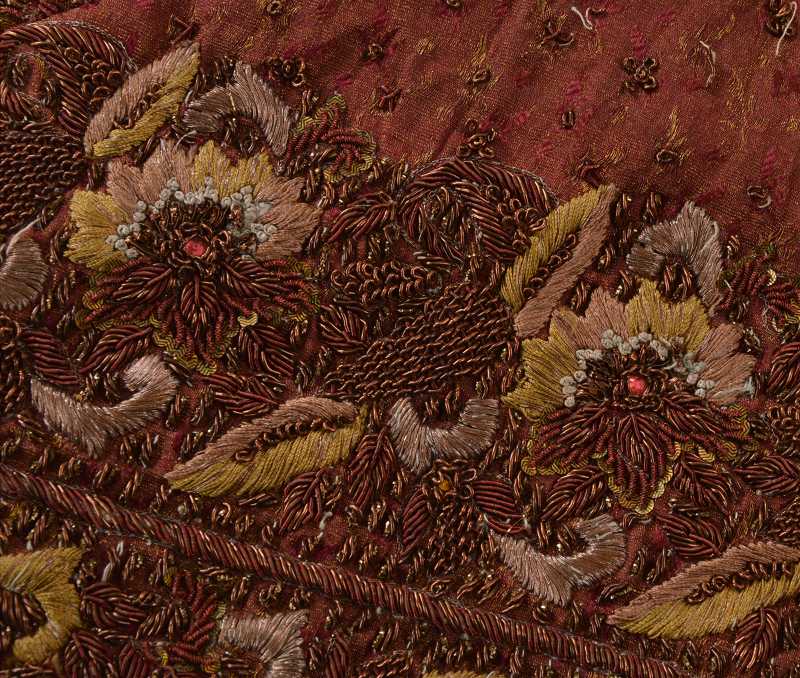===
0904,
1
===

=== |
 |
((aba;s : 'Trifling, frivolous; vain, idle, absurd, nugatory, profitless, bootless; —in vain, uselessly, bootlessly, idly, absurdly'. (Platts p.758)
ma;hmil : 'That by which anything is supported, that in (or on) which anything is borne; that which carries the double load of a camel, a camel's saddle; a camel litter or dorser (in which women travel)'. (Platts p.1010)
miyaa;N : 'An address expressive of kindness, or respect; Sir! good Sir! good man; master; husband; lord; father'. (Platts p.1103)
FWP:
SETS == GENERATORS; KYA
MOTIFS == MADNESS
NAMES == MAJNUN
TERMS == RHYMEThanks to the 'kya effect', the first line offers three possibilities: an affirmative exclamation ('he is very much so!'), a negative exclamation ('as if he is so!'), and a question ('is he so?'). Then since ((aba;s can be either an adjective (describing Majnun) or an adverb (describing Majnun's behavior), each of those possibilities is doubled.
=how futile is Majnun,...!
=how futilely Majnun is...!
=as if Majnun is futile,...!
=as if Majnun is futilely...!
=is Majnun futile,...?
=is Majnun futilely...?Then in the second line we have the juxtaposition of divaanah baavalaa ((aaqil , three words each of which can be used as either a noun or an adjective. Just think of all the possible permutations-- 2 x 2 x 2 = 8. And then if we multiply them by all the permutations of the first line, the result is 48 theoretically distinct possibilities. Moreover, if we break up the second line in different semantic ways, as SRF demonstrates, we can generate an indefinite number of further permutations.
Of course, as SRF observes, most of these permutations differ from each other so little that the general idea of the verse is hardly altered. In fact it could be argued that in a verse about craziness and trickery (that is, fake craziness), this kind of effect just gives a fillip to what the verse is doing anyway.
Why would Majnun's absurd-seeming pursuit of Laila's camel-litter not be crazy? There can be rational reasons: perhaps he expects that at the next halting-place she will notice him and be moved to kindness; perhaps he needs to assure himself that no other lover ever approaches her; perhaps he thinks he is carrying out Laila's wishes by attending upon her. But naturally the ghazal-world reasons also come to mind: he pursues her in the same mystical trance that causes the moth to fly into the candle-flame; he pursues her because he can't even see anything else in the world; he pursues her in the hope of finding death before her eyes, or even at her hands. And since for the true mystical lover death is the great longed-for portal to 'union' anyway, perhaps even this kind of seemingly mad pursuit can be considered 'wise'.
For a maximally complex and permutation-filled Ghalibian verse, see
G{32,1}.
Note for meter fans: In this ghazal miyaa;N (scanned short long) has to be read as myaa;N (scanned long); this is a permissible variation not reflected in the Urdu spelling.